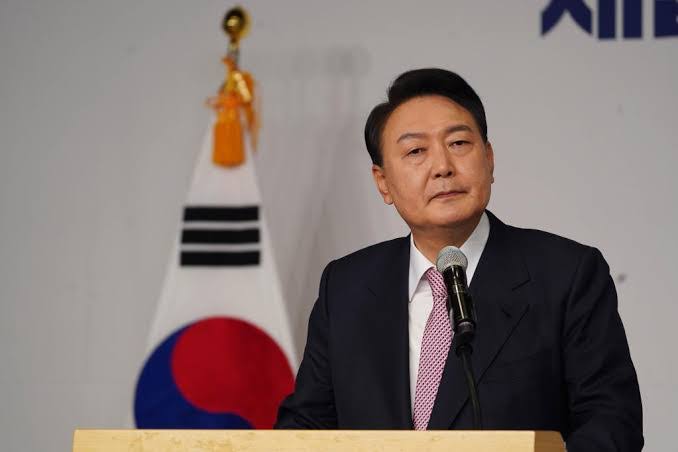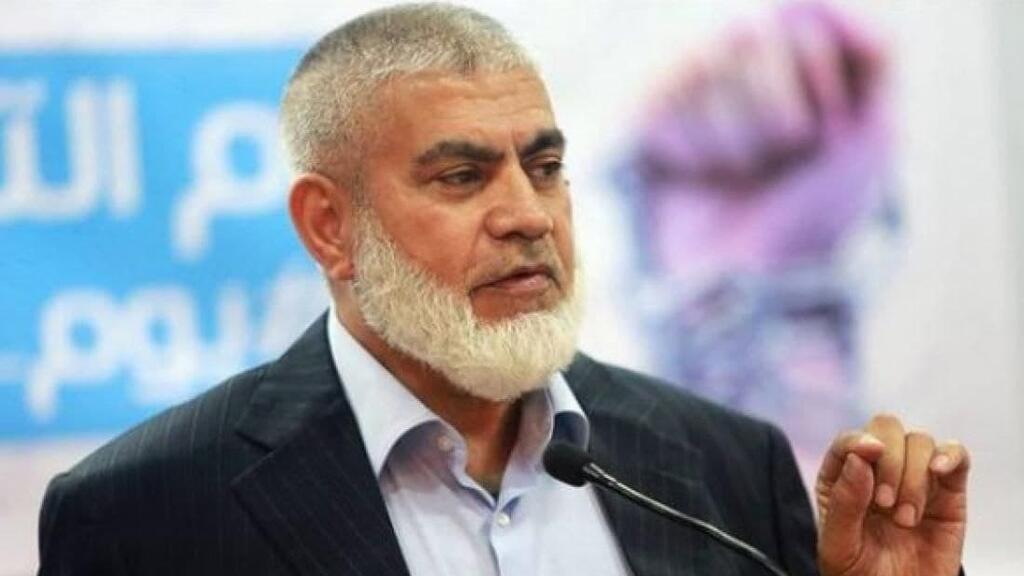South Korea’s Mountain of Plastic Waste Shows Limits of Recycling

- South Korea says that it recycles 7% of its plastic waste, compared to about 5%-6% in the US
South Korea has won international praise for its recycling efforts, but as it prepares to host talks for a global plastic waste agreement, experts say the country’s approach highlights its limits.
When the talks known as INC-5 kick off in Busan next week, debate is expected to center around whether a UN treaty should seek to limit the amount of plastic being made in the first place.
South Korea says that it recycles 73 percent of its plastic waste, compared to about 5 percent-6 percent in the United States, and the country might seem to be a model for a waste management approach.
The bi-monthly MIT Technology Review magazine has rated South Korea as “one of the world’s best recycling economies,” and the only Asian country out of the top 10 on its Green Future Index in 2022.
But environmental activists and members of the waste management industry say the recycling numbers don’t tell the whole story.
South Korea’s claimed rate of 73 percent “is a false number, because it just counts plastic waste that arrived at the recycling screening facility — whether it is recycled, incinerated, or landfilled afterward, we don’t know,” said Seo Hee-won, a researcher at local activist group Climate Change Center.
Greenpeace estimates South Korea recycles only 27 percent of its total plastic waste. The environment ministry says the definition of waste, recycling methods and statistical calculation vary from country to country, making it difficult to evaluate uniformly.
South Korea’s plastic waste generation increased from 9.6 million tons in 2019 to 12.6 million tons in 2022, a 31 percent jump in three years partly due to increased plastic packaging of food, gifts and other online orders that mushroomed during the pandemic, activists said. Data for 2023 has not been released.
A significant amount of that plastic is not being recycled, according to industry and government sources and activists, sometimes for financial reasons.
At a shuttered plastic recycling site in Asan, about 85km south of Seoul, a mountain of about 19,000 tonnes of finely ground plastic waste is piled up untreated, emitting a slightly noxious smell. Local officials said the owner had run into money problems, but could not provide details.
“It will probably take more than 2-3 billion won ($1.43 million-$2.14 million) to remove,” said an Asan regional government official. “The owner is believed unable to pay, so the cleanup is low priority for us.”
Reuters has reported that more than 90 percent of plastic waste gets dumped or incinerated because there is no cheap way to repurpose it, according to a 2017 study.
NO CONCRETE GOALS
South Korean government’s regulations on single-use plastic products have also been criticized for being inconsistent. In November 2023, the environment ministry eased restrictions on single-use plastic including straws and bags, rolling back rules it had strengthened just a year earlier.
“South Korea lacks concrete goals toward reducing plastic use outright, and reusing plastic,” said Hong Su-yeol, director of Resource Circulation Society and Economy Institute and an expert on the country’s waste management.
Nara Kim, a Seoul-based campaigner for plastic use reduction at Greenpeace, said South Korea’s culture of valuing elaborate packaging of gifts and other items needs to change, while other activists pointed to the influence of the country’s petrochemical producers.
“Companies are the ones that pay the money, the taxes,” said a recycling industry official who declined to be identified because of the sensitivity of the issue, adding that this enabled them to wield influence. “The environment ministry is the weakest ministry in the government.”
The environment ministry said South Korea manages waste over the entire cycle from generation to recycling and final disposal.
The government has made some moves to encourage Korea Inc. to recycle, including its petrochemical industry that ranks fifth in global market share.
President Yoon Suk Yeol said at the G-20 summit on Tuesday that “efforts to reduce plastic pollution must also be made” for sustainable development, and that his government will support next week’s talks.
The government has changed regulations to allow companies like leading petrochemical producer LG Chem to generate naphtha, its primary feedstock, by recycling plastic via pyrolysis. SK Chemicals’ depolymerization chemical recycling output has already been used in products such as water bottles as well as tires for high-end EVs.
Pyrolysis involves heating waste plastic to extremely high temperatures causing it to break down into molecules that can be repurposed as a fuel or to create second-life plastic products. But the process is costly, and there is also criticism that it increases carbon emissions.
“Companies have to be behind this,” said Jorg Weberndorfer, Minister Counsellor at the trade section of the EU Delegation to South Korea.
“You need companies who really believe in this and want to have this change. I think there should be an alliance between public authorities and companies.”
REUTERS





